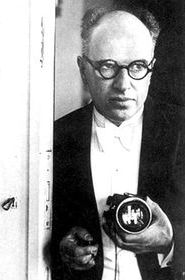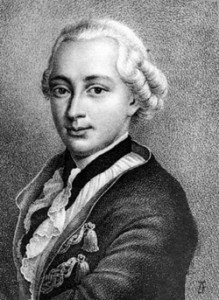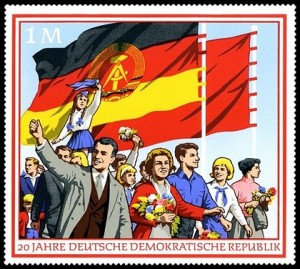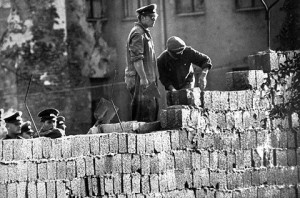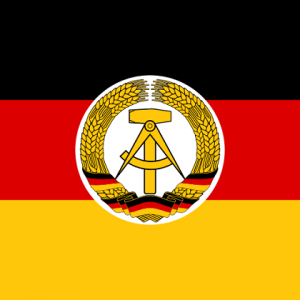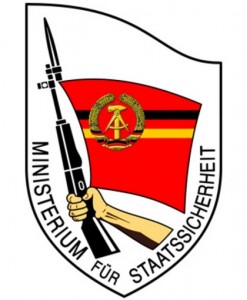In the West German Bundestag elections of September 1969, the CDU/CSU remained the largest political group, holding eighteen more seats than the SPD. With the help of the FDP, which had earlier supported the candidacy of the SPD minister of justice Gustav Heinemann for the federal presidency, Willy Brandt was able to form an SPD-FDP coalition … [Read more...]
April 30 in German History
April 30 Walpurgis Night, or Witches' Sabbath--a legendary event on the Brocken Mountain in the Harz chain, made famous in Goethe's Faust. April 30, 1790 Death of Samuel Heinicke in Leipzig, Germany. Heinicke became interested in the problems of the deaf after reading Surdus loquens, a book in which it was described how a Swiss … [Read more...]
April 29 in German History
April 29, 1767 Birth of Karl Philipp Fürst von Wrede in Heidelberg, Germany. Karl was a German general who, however, formed an alliance with Napoleon until 1813 (the year of the battle of Leipzig in which Napoleon was first defeated in battle). He then switched sides and joined the coalition of nations against France. April 29, … [Read more...]
April 28 in German History
April 28, 1849 On this date the Prussian king Friedrich Wilhelm rejected the title of "Kaiser" as offered to him by the Frankfurt Parliament a month before. He also rejected the new constitution of the parliament, finding it to be subversive. April 28, 1853 Death of Ludwig Tieck in Berlin, a leading writer and theorist of the romantic … [Read more...]
April 27 in German History
April 27 Feast day of St. Peter Canisius. Peter de Hondt (St. Peter Canisius) was born in Nimwegen (Germany at that time, now the Netherlands). In 1536 he began his studies at the University of Cologne. In 1543 he became the first German to enter the order of Jesuits. He founded the first Jesuit house in Germany in Cologne. During his lifetime … [Read more...]
The “Socialist State of the German Nation”
The building of the Wall effectively halted large-scale emigration from the GDR. Although the SED failed to gain the active support of the majority of the population, young people, especially, began to tolerate the regime, at least passively. In the absence of any alternatives, they fulfilled their routine duties in youth organizations, schools, … [Read more...]
The Berlin Wall
Besides its increasing economic difficulties, by the end of the 1950s the GDR encountered another problem that began to threaten its existence: large numbers of people were leaving East Germany for the West. Nearly half of those who fled the GDR were under twenty-five years of age. Although crossing the border between the two German states had … [Read more...]
The Warsaw Pact and the National People’s Army
The Soviet Union and seven of its European satellites sign a treaty establishing the Warsaw Pact, a mutual defense organization that put the Soviets in command of the armed forces of the member states. The Warsaw Pact, so named because the treaty was signed in Warsaw, included the Soviet Union, Albania, Poland, Romania, Hungary, East Germany, … [Read more...]
Planned Economy in GDR
In the GDR, as in the other new "people's republics," the authorities' goal of abolishing private property and every trace of capitalism was to be implemented in several steps. By taking possession of all resources, as well as of the means of production and distribution, the socialist state hoped to be able to compete successfully with the … [Read more...]
Consolidation of the New State
The most important instrument employed by East German authorities to guarantee their absolute rule was the State Security Service (Staatssicherheitsdienst, commonly referred to as the Stasi). Founded in early 1950 as the secret service branch of the Ministry for State Security (Ministerium fuer Staatssicherheit--MfS), the Stasi came to exercise … [Read more...]
- « Previous Page
- 1
- …
- 80
- 81
- 82
- 83
- 84
- …
- 118
- Next Page »



